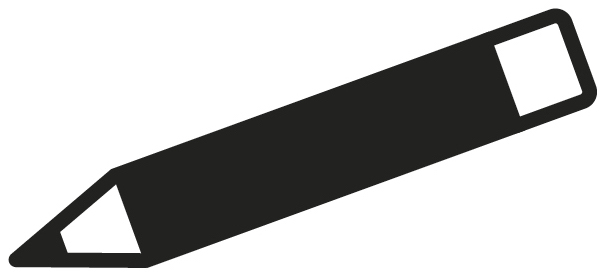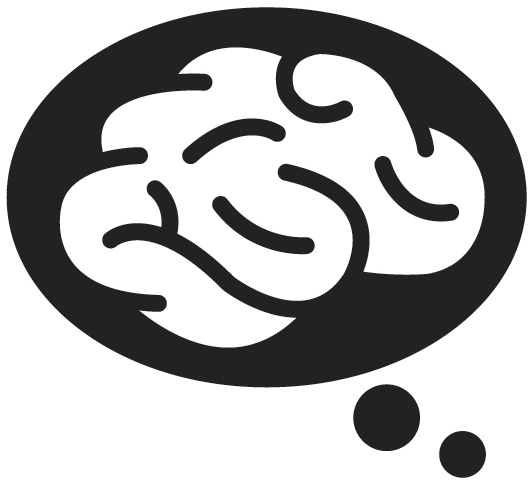




When Bad Things Happen to Good Decisions (and Vice Versa!): Pulling apart outcome quality and decision quality

N ow let’s dig into the pair of decisions you identified in which the quality of the decision did not align with the quality of the eventual outcome, Bad Luck and Dumb Luck.
1 What did you identify as your Bad Luck outcome?
Describe some of the reasons you think your decision-making was good despite the bad outcome. Those reasons can include, for example, the probability of that bad outcome (or any set of the outcomes that were undesirable) occurring, the information that went into making the decision, or the quality of the advice you sought.
List at least three reasons why you got the bad outcome despite your decision-making being good. That is, what were some of the things outside your control or things you didn’t anticipate in your original decision process?
What are at least three other ways things might have turned out given the decisions you made?
2 What did you identify as your Dumb Luck outcome?
Describe some of the reasons you think your decision-making was poor despite the good outcome.
List at least three reasons why you got the good outcome despite your decision-making being poor. That is, what were some of the things outside of your control or things you didn’t anticipate in your original decision process?
What are at least three other ways things might have turned out given the decisions you made?
3 Which was easier to think of an example of, Bad Luck or Dumb Luck? (Circle one.)
Bad Luck
Dumb Luck
Why do you think one was more difficult than the other?

If you’re like most people, it’s easier to blame bad luck for a bad outcome than it is to credit good luck for a good outcome.
When bad things happen, it’s comforting that it might not be your fault. Luck lets you off the hook, allowing you to still feel good about your decision-making despite an undesirable result. It gives you an out that helps your self-esteem along, letting you view yourself in a positive light despite things not working out.
On the other hand, taking credit for good outcomes feels good. If you allow for the role of luck in creating your positive result, you forgo the awesome feeling you get from feeling smart and in control. When it comes to good outcomes, luck gets in the way of your self-narrative.
In order to become a better decision-maker, it’s imperative to actively explore all four of the ways that decision quality and outcome quality relate to each other.
It’s not easy to be willing to give up the credit that comes from feeling like you made good things happen, but it is worth it in the long run. Small changes in how much you notice the luck that you would otherwise overlook will have a big influence on the way your life turns out. Those small changes act like compounding interest that pays big dividends on your future decision-making.
Experience can teach you a lot about how to improve your decision-making, but only if you listen well. Developing the discipline to separate the quality of the result from the quality of the decision can help you to figure out which decisions are worth repeating and which aren’t.